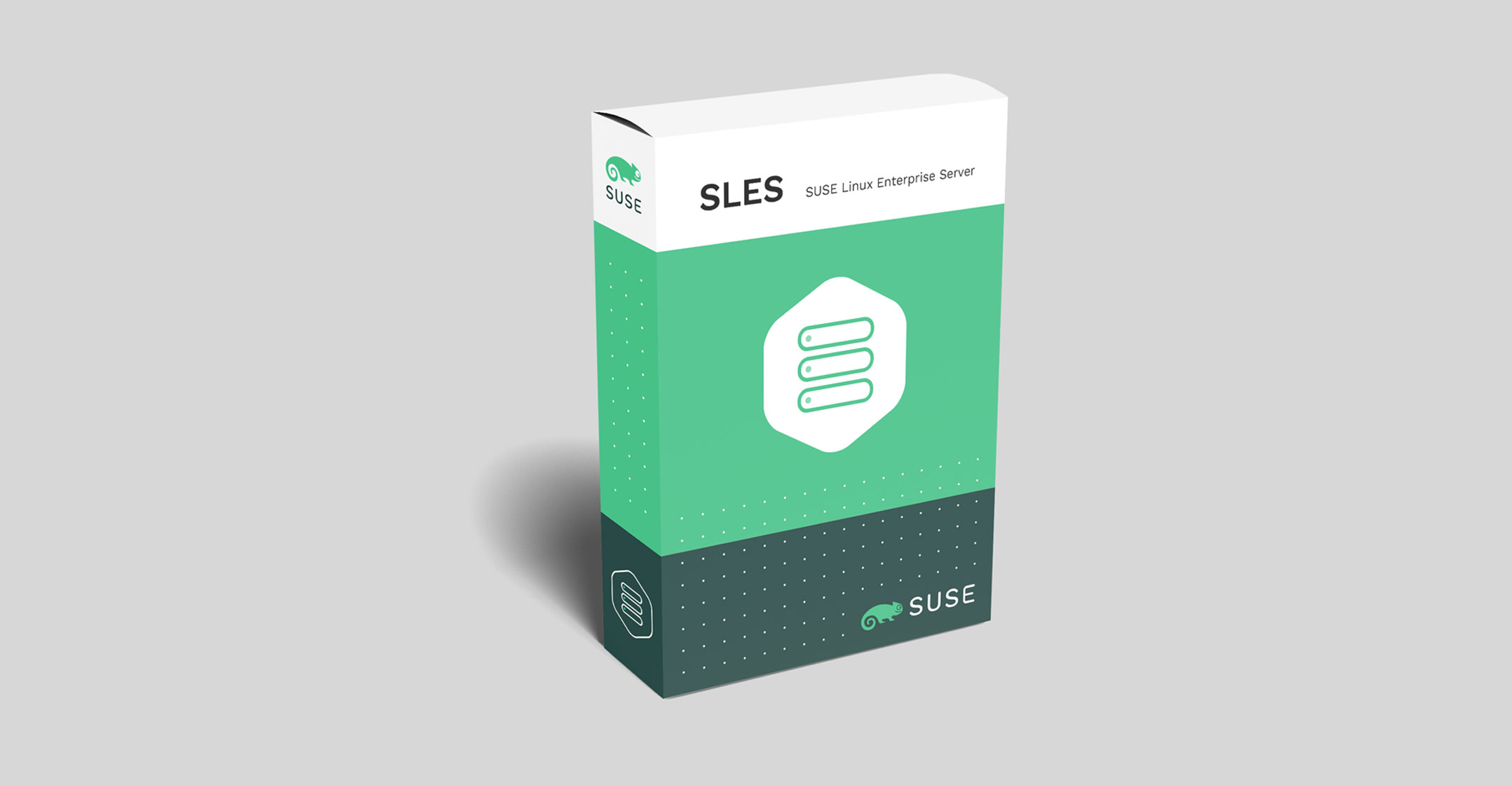 In its most recent release of SUSE Linux Enterprise Server – SLES 15 SP3 – SUSE has embedded full binary compatibility between SLES and its community Linux distro, openSUSE Leap. This smart shift essentially allows for those already using openSUSE Leap to easily migrate to SLES 15 SP3 for corporate Linux desktop or server requirements. The move is designed to provide users and organisations with increased compatibility while allowing for them to leverage the synergies that sit between both the enterprise and community versions of the technology.
In its most recent release of SUSE Linux Enterprise Server – SLES 15 SP3 – SUSE has embedded full binary compatibility between SLES and its community Linux distro, openSUSE Leap. This smart shift essentially allows for those already using openSUSE Leap to easily migrate to SLES 15 SP3 for corporate Linux desktop or server requirements. The move is designed to provide users and organisations with increased compatibility while allowing for them to leverage the synergies that sit between both the enterprise and community versions of the technology.
The overall move is not geared towards replacing the community version, but rather to empower it – the two versions are not identical. The two SUSE open-source code streams have been brought into alignment, offering pre-made binaries that enhance results, but the architecture won’t support all of the same platforms. Only openSUSE Leap will support Risc-V and ARMv7, but both will support s390x, aaargh64, x86-64, and ppc64le.
Of course, it’s clear that the move is designed to encourage users to make the move to SLES, but it’s not forcing the issue. Rather, the evolution is designed to be as elastic and intuitive as possible while ensuring both continue to deliver the right results.
In addition to this binary compatibility, SLES introduces numerous other extras to its code. One of the most interesting is SUSE Linux Enterprise Base Container Images, providing open, flexible and secure container images and application development tools and an alternative to Docker. This daemonless container engine is designed for the development and management of Open Container Initiative containers and companies using LEAP and SLES can run these containers using the Podman, Pod Manager Tool, for improved security. The release also includes updates to popular programming languages and applications such as MariaDB 10.5 and PostgreSQL 12 databases.
Tumbleweed
SLES 15 runs on the 5.3.18-46.1 Linux kernel and promises users a 13-year life cycle with 10 years of general support and three years of extended support. The existing version is set to be maintained and supported until six months post release of SLES 15 SP4, which allows for use until December 2022. For those users who want to use Linux while hanging on the edge of technology development, SUSE is still running its rolling-release distro openSUSE Tumbleweed.
About SUSE
SUSE, the world’s largest independent open-source software company, powers digital transformation with true open-source technologies for the enterprise that simplify, modernise and accelerate traditional, cloud and edge solutions. SUSE collaborates with partners, communities and customers to deliver and support solutions that enable mission-critical business outcomes. SUSE’s container and cloud platforms, software-defined infrastructure, and artificial intelligence and edge computing solutions allow customers to create, deploy and manage workloads anywhere — on-premises, hybrid and multi-cloud. For more information, visit www.suse.com.
- This promoted content was paid for by the party concerned

